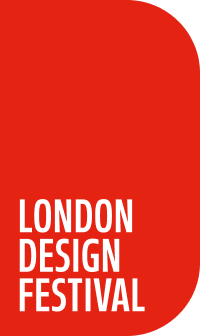Design Products and OPPO X RCA
Partner Programme
17 — 18, 20 — 25 Sept 2022
Industrial & Product Design, Multi-Disciplinary Design
Works by graduating and current students from the Design Products program at the Royal College of Art reflecting the call to designers to part with old practices, to seek new spaces and be transformed by them. The exhibition features OPPO X RCA, a collaboration project exploring what lies 'Beyond Smart'.
“I Was Lost But Now I Live Here” Home is more than a physical place, it is the conceptual soil in which our ideas grow, it is where the window is that makes our world view and the place to go back to. A place where we are welcome, where we are right. What is the home of design? Is it the schools we graduate from? the job description written for us? the culture we grow into? Is it the principles laid down by Bauhaus - the great church of industrial design* we were all baptised in? There is a problem: Industrial Design, as the name suggests, is tied at the navel to Industry. Product Design does even worse, perpetuating the notions of products and consumption. When we come to look at the state of the world, of nature, society and economy, we cannot but acknowledge that throughout the history of design, generations of designers - countless professionals doing their work in faith - were mostly on the side of the problem, not the solution. Creative henchmen of commercial interests. The native landscape in which design grew is now toxic wasteland and as physical landscapes around us are changing, we need to see change in ideological landscapes too. Designers are having to part with old ruinous practices and patterns of thinking and embrace the radical notion that Product Design as we’ve learned it may have no home to return to. Instead, we now teach designers to be catalysts, social innovators, leaders and facilitators, rebels, even saboteurs, and they set off to find new spaces and new callings, away from the familiar of consumer culture. Comedian Mitch Hedberg said “if you find yourself lost in the woods, fuck it! Build a house. I was lost but now I live here”. It takes courage to leave a home and it takes hard work to make a new one, and this is our deepest wish; that we may find a new place, one that will inspire us and transform us to become not what we were taught to be but what we ought to be. And when that transformation is complete, when we are no longer just designers of products, when we are the imprint of our new landscape - then we’ll know we’re home. In this exhibition Students and graduates of the Design Products program at the Royal College of Art exhibit their work and explore the ways in which the work had shaped them. OPPO X RCA 2022 We’re celebrating our 4th year of collaboration with mobile technology company OPPO. Students from across the School of Design responded to the 2022 brief ‘Beyond Smart’; we’re proud to be exhibiting their works. 'Beyond Smart' The vision of the future of technology has so far been dominated by the notion of “smart”: a combination of intelligence, automation, connectivity and efficiency that aims at making life easier and more streamlined for us as individuals. In pursuit of this concept of “smart”, many ideas have been transported from the realm of science fiction into reality with little critical consideration, often disregarding real human needs and the complexity of relations we have with each other and with the world we inhabit. People and technology are engaged in a speeding game of catch up; technology having an ever more complex impact on our lives and people adopting new patterns of behaviour and new lifestyles, seeking to make the most of new abilities. As the non-reversible nature of this bond unfolds, and the impact it is having becomes clear, designers and technological forces now need to take a clear position on topics like ethical AI, the value of automation and the environmental impact of our lifestyles. We are now able to understand the scale of the challenges we are facing and the consequences of not addressing them. This calls for a re-evaluation of existing paradigms of design and of our visions of future and progress. Designers must now be seeking new guiding principles to come after - and go beyond “smart”, to identify and develop notions of value that allow personal fulfilment and systemic good.
Related



















)
)
)
)
)
)
)
)
)
)
)
)
)
)
)
)
)
)